What we Do
We help girls in education have their period with dignity and achieve their full educational potential
What We Do
01.
We Raise Fund
Through donations and fundraising, we provide free sanitary products to help girls and young women have their periods with dignity and achieve their full educational potential.
02.
We Raise Awareness
We work with teachers, parents, NGO’s and the wider community to provide girls with access to sanitary pads and menstrual health information.
03.
We Reach Out
In collaboration with schools, we work on strengthening our relationship with girls, by building trust and giving girls the confidence to seek help without fear or stigmaon improving their menstrual health and social lives.
04.
We Educate
Our organisation works with schools and the wider community to break the myths and taboos surrounding mensuration. We providefree pocket size booklet containing information about myths and taboo, unhygienic practices and how girls can maintain a good menstrual health.
Girls Allowed: In collaboration with the ministry of health, we hold termly seminars in schools to educate girls on menstrual health. These seminars allow a face to face interactions with health professionals which gives girls a safe space to ask questions regarding menstrual hygiene and health which are usually regarded as taboos.
05.
We Provide Care
Linguere: Around 500 million girls and women around the world lack the access to menstrual hygiene products and information needed to maintain a good menstrual health.We believe that a monthly biological occurrence cannot remain a barrier to girls’ education and exposes girls to sexual exploitation and violence. We provide free monthly menstruation packages to girls in education to avoid unhygienic practices which often leads to infections and infertility in later life. These packages help girls to be safe and clean during their monthly cycle.
06.
We form partnerships
We consult with gynaecologist, midwives and other health professionals to access useful information and on how best to plan and implement sensitisation programs on period poverty, improve overall menstrual healthand raise awareness on period poverty amongst girls, parents and teachers and the wider community.
What We Care For!
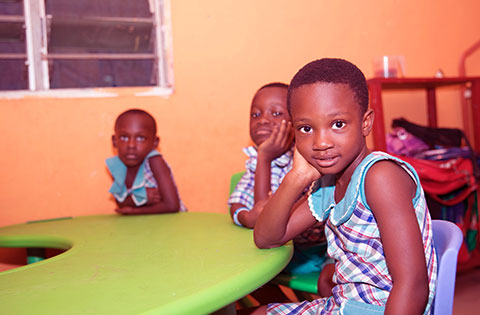
Gender disparity
We advocate for girls and women to have the same access to resources, status and in decision making especially in matters that affect their wellbeing.
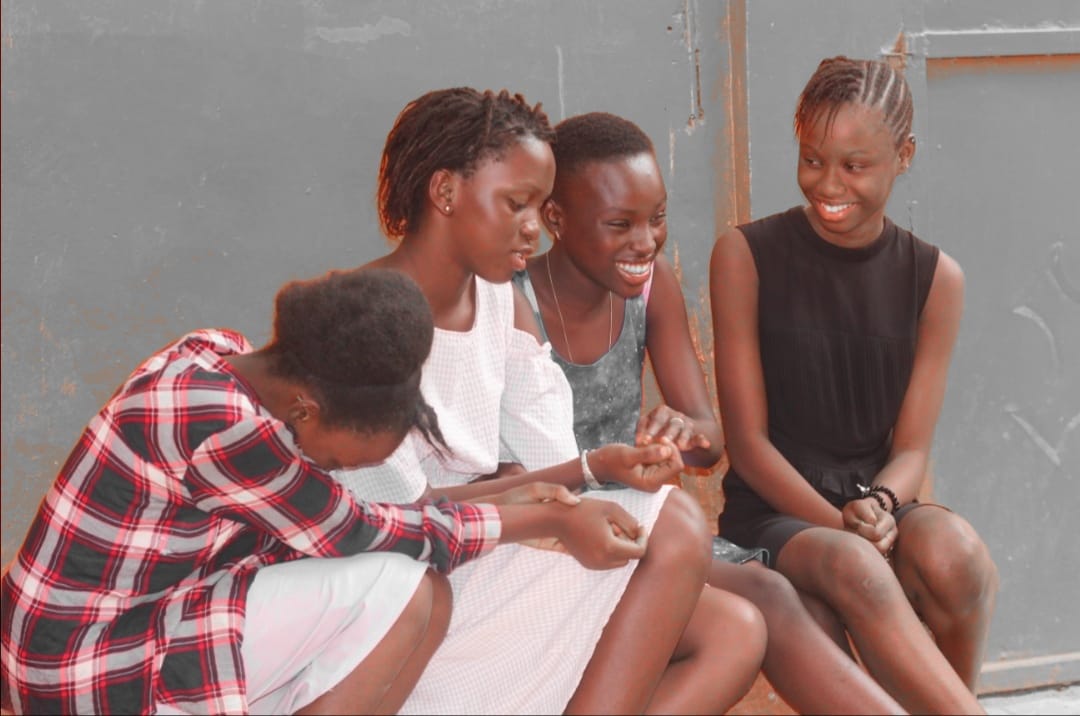
Stop sexual violence on girls
We fight for the safety and protection of everygirl, safe from sexual violence and exploitation often resulting to STI, teenage pregnancy, and lifelong psychological trauma.
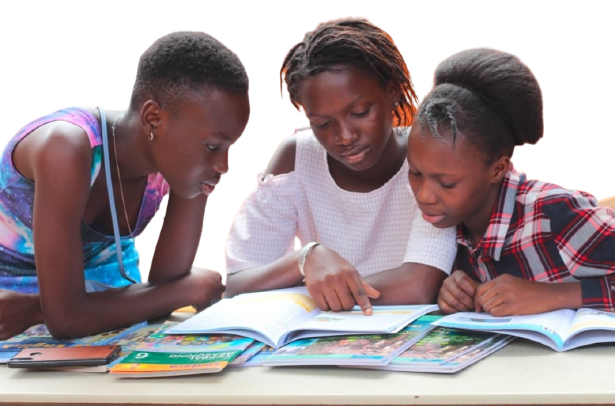
Girls Educational attainment
The millennium and sustainable developmental goals have both shown an increase in girls enrolment in schools, but attainment and attendance levels have plunged. Period poverty is one of the major causes of absenteeism for girls in schools. We fright to keep more girls in schools by eradicating period poverty in schools.

Period poverty absenteeism
One in ten girls and young women have been reported to lack access to safe and hygienic sanitary products. Millions of girls in developing countries miss an estimated 20% of school as a result of period poverty. As periods do not pause for education, without proper safe and hygienic products and pain management medications, girls miss out on vital education during the school year. Educational absenteeism has a huge impact on girl’s educational attainment and later life.
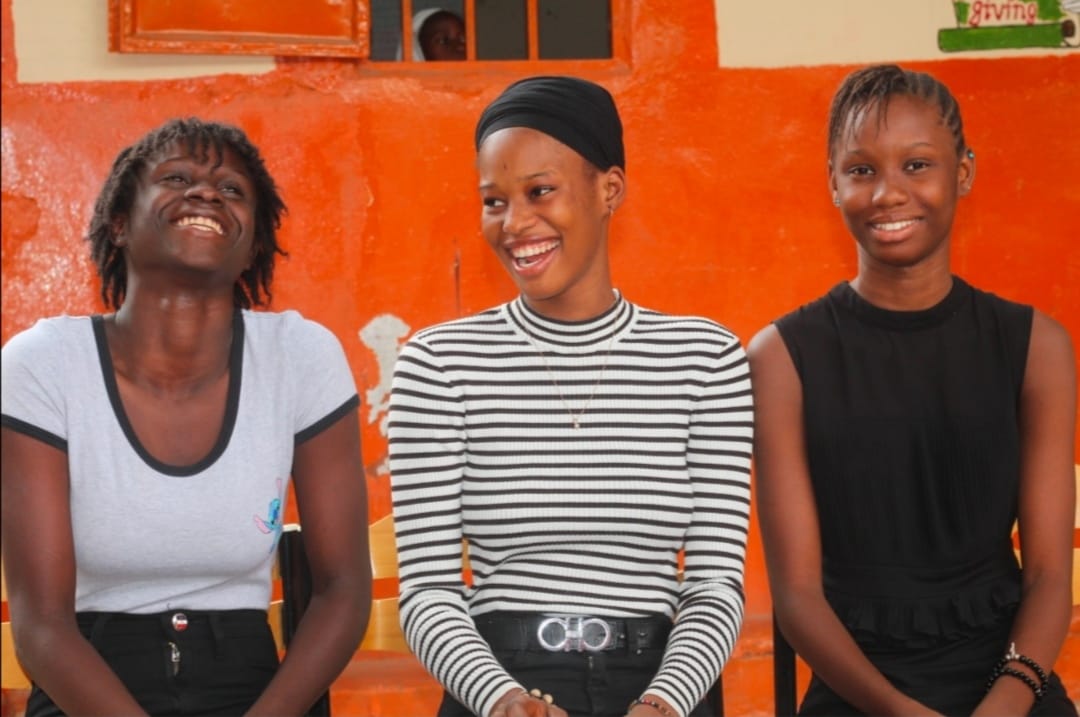
Transforming dreams into reality
Access to safe and hygienic sanitary products is a basic human right of every girl and woman. We make sure these rights are implemented in the school system. A lot of girls in developing countries dream of a better life where they can attain financial freedom and not been forced into early marriage. Our Foundation believes that the only way that this can be achieve is through quality education.
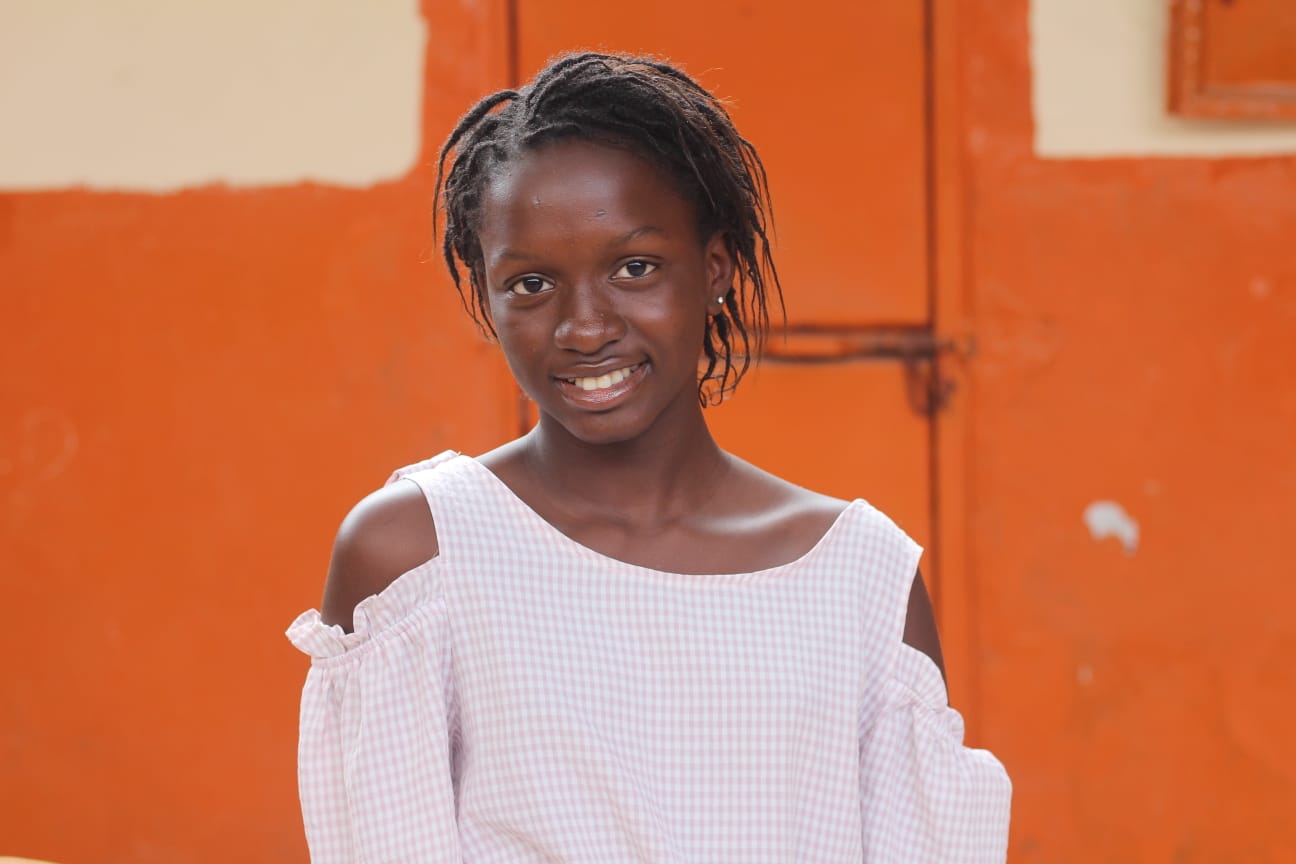
Menstrual health
Period poverty is not just about the lack of financial means to assess sanitary products, but also the lack of information on menstrual health. which can often lead to isolation, infections, teenage pregnancy and STI’s.
